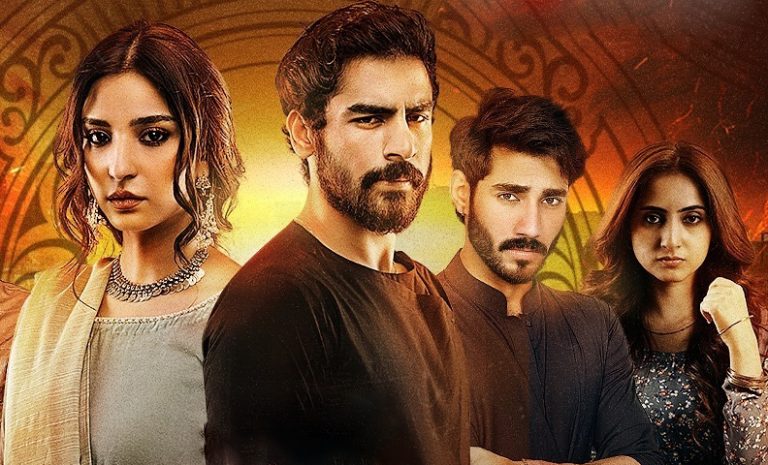The fourth episode of Duniyapur paints a grim yet gripping picture of a society where power and authority reign supreme, reducing humanity and law enforcement to mere spectators. The inhabitants of Duniyapur find themselves in the eye of an unforgiving storm, where those in power pull the strings, leaving ordinary people trapped in a brutal struggle for survival. Duniyapur’s recent episodes escalate the tension, revealing how deeply entrenched patriarchy and political influence shape every facet of life

A Dark Reflection of Patriarchy and Misogyny
The script brilliantly highlights the stark realities of patriarchy and misogyny. A son is saved at the cost of his sister, reflecting the brutal sacrifices expected of women. One character shamelessly prides himself in pursuing a girl the same age as his daughter, while another must accept this bitter reality, favoring his son over his daughter. These gut-wrenching moments expose the deeply rooted gender biases in this power-hungry world.
The narrative keeps up its momentum, with each episode introducing fresh conflicts and complexities. The characters are continually pushed to their limits, and as the stakes rise, the lines between morality and survival blur even further.

Conspiracy and Power Games at Their Peak
The power dynamics in Duniyapur are as unpredictable as they are compelling. Characters find themselves trapped in a web of conspiracy, where the law is powerless, and the police are reduced to mere pawns in the game. As helpless spectators, they are incapable of enforcing justice, reflecting a world where might makes right, and anyone who can manipulate circumstances in their favor emerges victorious. The see-saw nature of the power struggle adds an intense layer of unpredictability to the story, keeping viewers hooked.

Helplessness and Resistance: Women in Duniyapur
While the female characters appear powerless in this male-dominated world, there is a quiet strength in their resistance. Ana, played by Ramsha Khan, and Nawab’s young wife, portrayed by Iram Akhtar, refuse to completely surrender to their circumstances. Though they may be at the mercy of their environment for now, their defiance hints at an underlying resilience that could shift the balance in episodes to come. In contrast, male characters like Shahmir (Khushhal Khan) and Furqan’s father, despite their gender advantage, are equally vulnerable to the forces of power and politics. However, their male privilege still grants them more agency to act, even as they are swept into the chaos.

Cinematic Brilliance: Locations, Videography, and Visual Effects
The visual production of Duniyapur is nothing short of spectacular. The wedding scenes in the grand haveli are mesmerizing, with the perfect interplay of light and opulent décor creating an atmosphere of lavish grandeur. Night scenes are beautifully lit, and the clever use of drone shots offers a sweeping view of the sprawling settings, immersing viewers in the world of Duniyapur.
The dramatic hand grenade attack at the end of the fourth episode is a testament to the show’s masterful use of CGI. The explosion is visually impressive, heightening the stakes as the story takes a dark and unexpected turn.

An Unpredictable Twist and What’s Next
The conclusion of the fourth episode delivers a shocking twist: a fatal attack on the jeep carrying the sons of Nawab and Adam may have cost them their lives. This unforeseen development promises to take the narrative in an entirely new direction, leaving viewers eagerly anticipating what’s next.
With the stakes now higher than ever, Duniyapur continues to raise the bar for storytelling in Pakistani dramas, delivering a captivating mix of power, intrigue, and human drama

